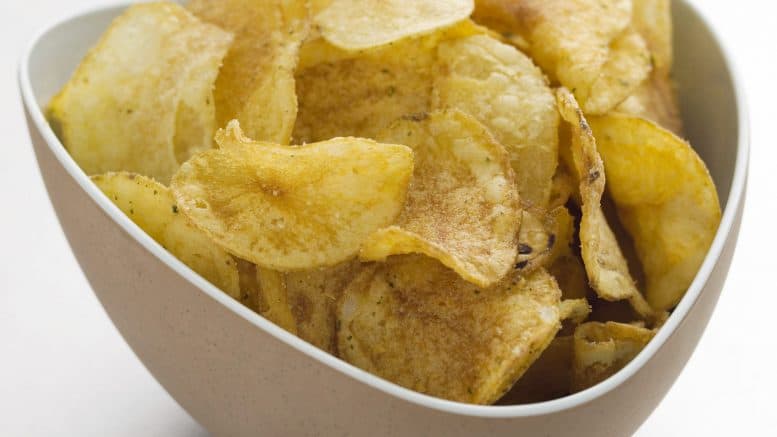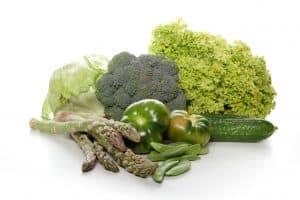Not all snacking is bad.
Snacking is when you consume food or beverages between your regular meals. Snacking is vilified because, for many of those trying to lose weight, this may be counter-productive to the end result. Sure, if your idea of a snack is diving headfirst into the feedbag of chips, then I would agree that snacking is bad. This is one of the main reasons snacking has a bad reputation since we often make choices that are less than ideal. I know if I do not bring my lunch or snack with me to work that I will be in a no-win situation. Work is an endless supply of candy bowls to graze and let’s not even discuss the snack machines. Healthy options are rarely available. The vending machines are stocked full of high carbohydrate and fatty snacks such as chips, cookies, candy bars, and snack bars. These goodies are less about nutrition and more about addictive and fattening treats that will likely only fill you for an hour or two. The good news is you can avoid these and incorporate fruits and vegetables into your diet.
Some people avoid snacks because they are afraid that snacks contribute to weight gain. However, a healthy snack can offer key benefits. Snacks can even be included in a weight loss plan if you choose wisely. The primary purpose of snacking should be to satisfy your inter-meal need by providing some food to bide the time between meals. The problem is we often snack between meals and do not limit intake. Mindful snacking in which we monitor consumption and avoid overeating is key to weight maintenance. Careless snacking can increase your daily energy intake while providing little to no nutritional benefit.
Snacking is a surprisingly divisive topic among those attempting to lose weight, dieticians, and medical providers. Some people believe that you should have only three large meals a day and snacks will make you fat. They consider eating these small intermeal bites as a bad habit that needs to be broken. Others believe that snacking should be an integral part of a healthy diet that will help you avoid overeating at regular meal times.
Research on Snacking:
- Obesity is associated with an increased frequency of snacking[1]. One research study looked at the snacking frequency of over 4200 obese middle-age subjects versus that of a reference group and found that obese subjects were more frequent snackers than reference subjects and women were more frequent snackers than men. This article is one that produces an outcome that seems obvious because if you overeat snacks, you will be more obese and although you may think this indicates snacking in unhealthy, that conclusion is not necessarily supported by the research. The problem I found with this study that would have improved it would be to limit the snacks to healthy foods and see if the outcome changes.
The bottom line is that snacking can cause weight gain and obesity if your idea of snacking is uncontrolled eating without portion control. There must be limits, and you should make healthy decisions. Avoid the temptation to eat unhealthy options. I have created a list of tips to help you avoid them.
Tips to snack healthy:
- Prep your snacks. I recommend that you prep your snacks for the week ahead of time so that you can avoid grazing the candy bowls and snack machines. Use small containers to prepare single serving size amounts of cottage cheese, cheese sticks, fruits, vegetables, nuts, and yogurt. Try to eat things you don’t normally have during mealtime, so you do not burn yourself out.
The bottom line: I know the research is controversial and not as clear-cut as we would like, but this is likely because of the foods incorporated in the studies and the basic design of most of the studies. More research is needed to look at snacking further. I have found that if I have a small snack at 10 AM and 3 PM that I am less likely to graze the candy bowls. It allows me to avoid hunger at crucial times when I might binge on less healthy choices. Now if I can just find a way to avoid the celebratory cakes at work. I guess this is where willpower must kick in.
References:
-
Bertéus Forslund, H, J S Torgerson, L Sjöström, and A K Lindroos. “Snacking Frequency in Relation to Energy Intake and Food Choices in Obese Men and Women Compared to a Reference Population.” International Journal of Obesity. Springer Nature, April 5, 2005. doi: 10.1038/sj.ijo.0802950
-
Keast, DR, TA Nicklas, and CE O’Neil. “Snacking Is Associated with Reduced Risk of Overweight and Reduced Abdominal Obesity in Adolescents: National Health and Nutrition Examination Survey (NHANES) 1999-2004.” The American Journal of Clinical Nutrition 92, no. 2 (August 1, 2010): 428–35. [PubMed]










Be the first to comment on "Myth: Snacking is Bad"